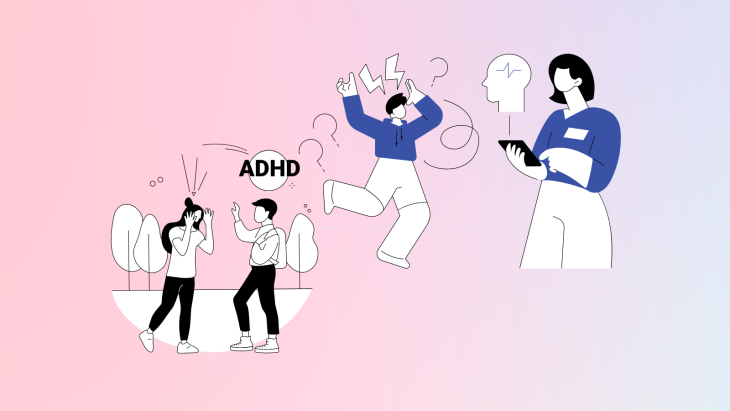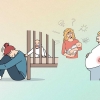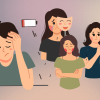Recent Posts
Most Popular
My son's disruptive behavior is affecting his life. How can I help him improve?

A parent who has raised a child into adulthood may agree that the hardest and the most challenging part of parenting was when the child was in their teens. No matter how prepared a parent might be for those turbulent years, there would still be difficulties and things to learn along the way.
When the parent was a teen themselves, they would remember how they had a tendency to be sullen, irritable, or even rude to their parents. So when it was their time to be a parent, they may expect some form of rule-breaking or defiance in their teens as well.
But what if you feel that your teen’s patterns of behavior have become persistently aggressive and they have been having troubles in school. You have learned that they started using illegal substances and had some altercations with the authorities.
These things may worry and frustrate you a lot, but your parenting instincts say you want to help and support them so they can have a good life in the future.
One of the first things you can do is to know more about teenage disruptive behaviors.
What are the common types of behavioral disorders?
Behavioral disorders in teens present themselves with symptoms characterized by being disobedient, difficult to deal with, and intentionality to disregard other people’s rights. Common types are disruptive behavior disorder not otherwise specified (DBD NOS), oppositional defiant disorder (ODD), and conduct disorder (CD).
What is oppositional defiant disorder (ODD)?
Theories suggest that signs of disruptive behavior start as early as 4 or 5 years old. Children who were not able to resolve development issues while they were young may be at more risk for developing ODD. It is also thought that both genetic and environmental factors matter in ODD.
These factors include:
- Being brought up by guardians who are excessively negative or pessimistic and use too much punishment.
- Connecting excessive punishment as a way to receive more attention from the parent.
- Parenting style that allows the child to get what they want without regard for rules.
- Personality style of the child ( For example, children displaying negative. emotionality has a tendency to be more sensitive to stress and are less social.)
- Issues with attachment with the parent.
- Growing up in a home that lacks structure or routine.
These are the common chronic behaviors seen in teens with conduct disorders:
- Bullying and other aggression towards others,
- Believing that other people are out there to harm them,
- Persistent lying without showing signs of guilt,
- Damaging other people’s property,
- Using illegal substances
When you see these persistent behaviors in your teen, the next thing that can help them is being examined by a physician and a mental health professional for proper diagnosis. When you know what you are dealing with, the more specific and effective the interventions are going to be and the more you can help your teen.
There are several ways that your mental health professional can help you. They can equip:
- Parents with new parenting strategies. This includes how to spot signs of possible problematic behavior, how to deal with rage and outbursts, and how to create a consistent home routine.
- The teen’s with social and emotional skills. There is training for the child to learn how to identify and navigate their feelings, how to create healthy relationships, and how to make sound decisions.
In some cases, medication for the teen can also be prescribed.
With the right treatment and support, a teen who has had disruptive behaviors can do well as adults. They can enjoy relationships with others, thrive in school and become responsible members of society.
Check out the most in-demand healthcare and mental health professional careers across the US and connect with the most suitable job opportunity in the healthcare industry!








Comments